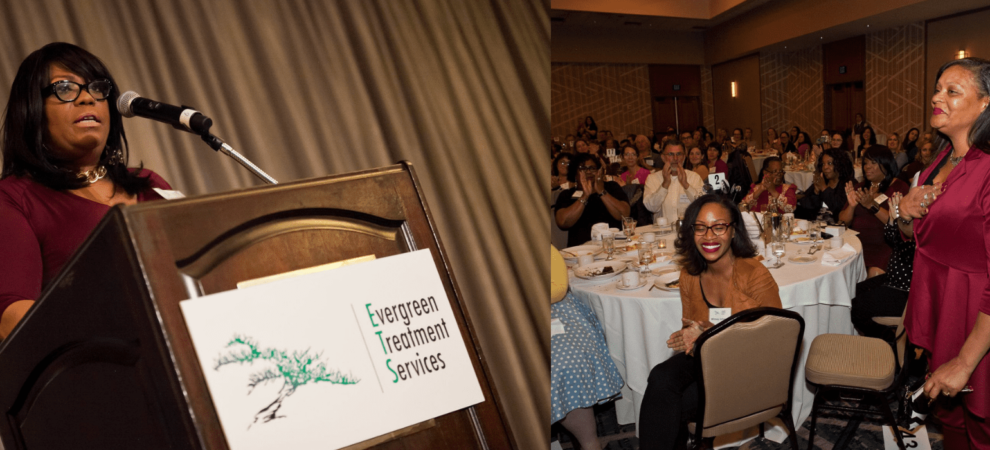
By Alice Skipton, partially filling Sara Veltkamp’s big goddess shoes in her absence
When I was 15, one of my beloved friends began to waste away. Whereas before we would pal around talking about the boys we liked and going on bike rides, suddenly she became obsessed with losing weight. She stopped eating anything of significance and began to compulsively exercise.
I did everything I could think of to pull her out of it. I told her how good she looked, tried to get her to share food with me when we went out, and I worried. She continued to get thinner, to the point of starvation when the body starts to grow extra hair to keep warm and the heart muscle weakens. Nothing I did or said worked. That’s when I started telling myself a certain story: you can’t help someone unless they want to help themselves.
It’s a story that many of us probably tell ourselves, about painful and stubborn problems experienced by our loved ones and by people in our communities. It’s a story I firmly believed for quite some time. Until May 3rd, in fact, when I attended the Evergreen Treatment Services luncheon on behalf of Minerva Strategies. The luncheon had nothing to do with eating disorders, but it did have everything to do with how we can help people even when they seem beyond reach.
In case you are like me and hadn’t heard of Evergreen Treatment Services, they are a Minerva client and they do amazing work. At any given moment, the organization is changing 7,000 lives by providing medication-assisted treatment for addiction, offering housing and counseling, working with law enforcement and elected officials, and going out into the community to find people who need help.
During the luncheon I met a gentleman going to graduate school who has benefited from the organization’s programs. I sat next to a board member, a long-time case manager now offering her voice at a more big-picture level. I sat a few tables over from a woman named Lena who was featured in a short film. Her daughter talked about her mother’s struggles with abuse and homelessness. And now Lena is safe, in recovery, and with a home to call her own.
An ETS peer engagement specialist named Candis told us about her life full of trauma, 25 years of struggling with addiction, and nine years of being homeless.
As someone who frequently traverses Seattle and wonders what I can possibly do to help those I see experiencing mental illness, homelessness and addiction, I felt thrilled to finally know about an organization doing work to alleviate just those issues. If I supported this organization, I would actually be doing something.
Then, Candis said something that telescoped me back to my friend struggling with the eating disorder. She said, “I know we may sometimes get frustrated with a loved one, a patient, or even a repeat offender simply because we have exhausted ourselves with relentless efforts in trying to reach them.”
And then she went on, saying “I personally remember every single person who has ever tried to help me while I was in active addiction. It did not fall on infertile soil. I took every useful lesson and tucked it safely away until I was ready to fight back. Well, now I am ready, and I am here, standing on the shoulders of every person who has ever cared for me, or has given me a second, third, or fourth chance and tried to help me. Their efforts were not in vain, and neither are yours.”
That’s when I realized that the story that I’d been telling myself wasn’t right. And it wasn’t just about my friend way back when. It was about today, about not taking that action, having that conversation, not opening up because, what’s the point?
As a communications professional, it’s something that I think about professionally all the time, those incremental steps to reaching people. But personally, I had been stuck in this other narrative.
Candis reminded me that you can always help somebody. They may not be ready. But showing that you care does make a difference and our efforts at change both internally and externally matter even when it seems like they don’t.
Ultimately, my friend did get better and by the time we graduated, from the outside looking in, you never would have known the struggle had happened. Part of her path included a fresh start, without that old pesky friend (me) who kept telling her to eat. But just because she didn’t take me along on that journey, doesn’t mean I didn’t help her, that I wasn’t with her, that our friendship doesn’t inform who she is today.
But my interpretation of that situation meant that I lost more than a friend. I lost a little bit of compassion. I lost some of that drive to do something when I see someone hurting. I suspect that this happens to a lot of people and that telling ourselves a new story about our power to make a difference could create a lot more change both in ourselves and in the world.
That doesn’t mean I’m equipped to help people I don’t directly know struggling with addiction, homelessness, and mental illness, or eating disorders. But there are lots of ways to open our hearts and engage. (A recurring donation to an effective organization like Evergreen Treatment Services is one way).
More than anything, especially when things can feel so divided and bleak, it’s about continuing to grow, put yourself out there, take risks, and not give up on ourselves or each other.